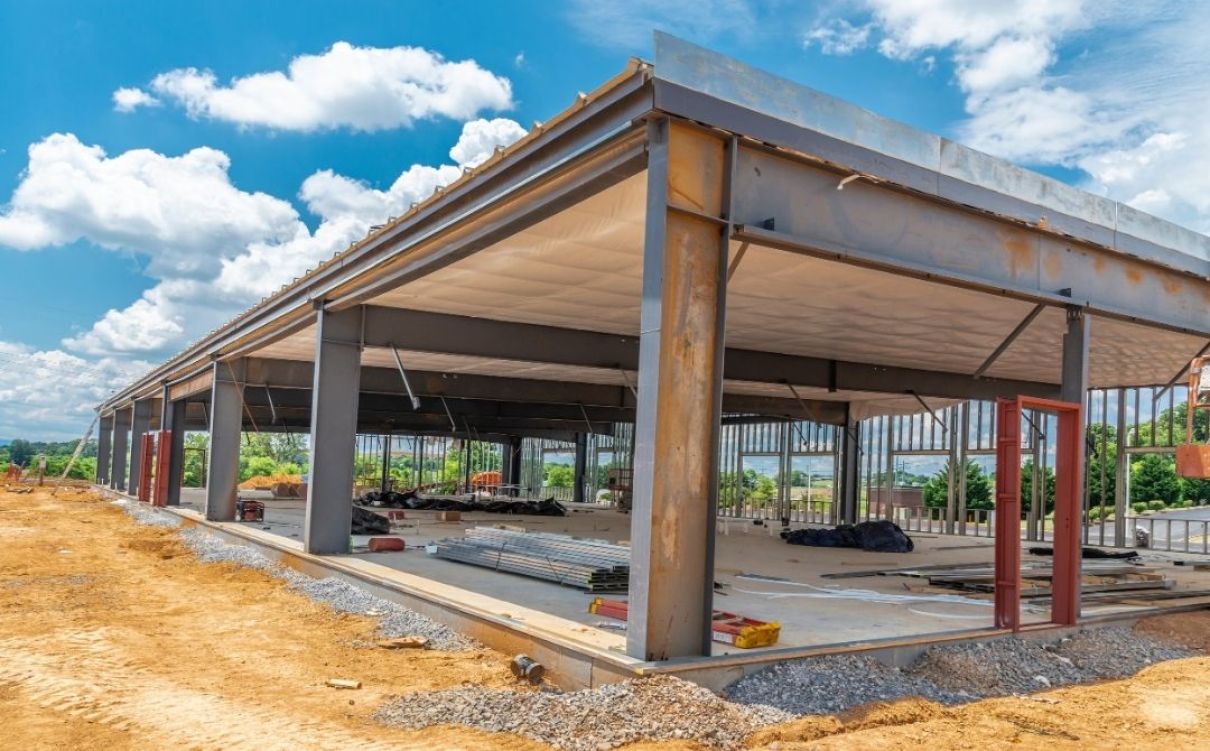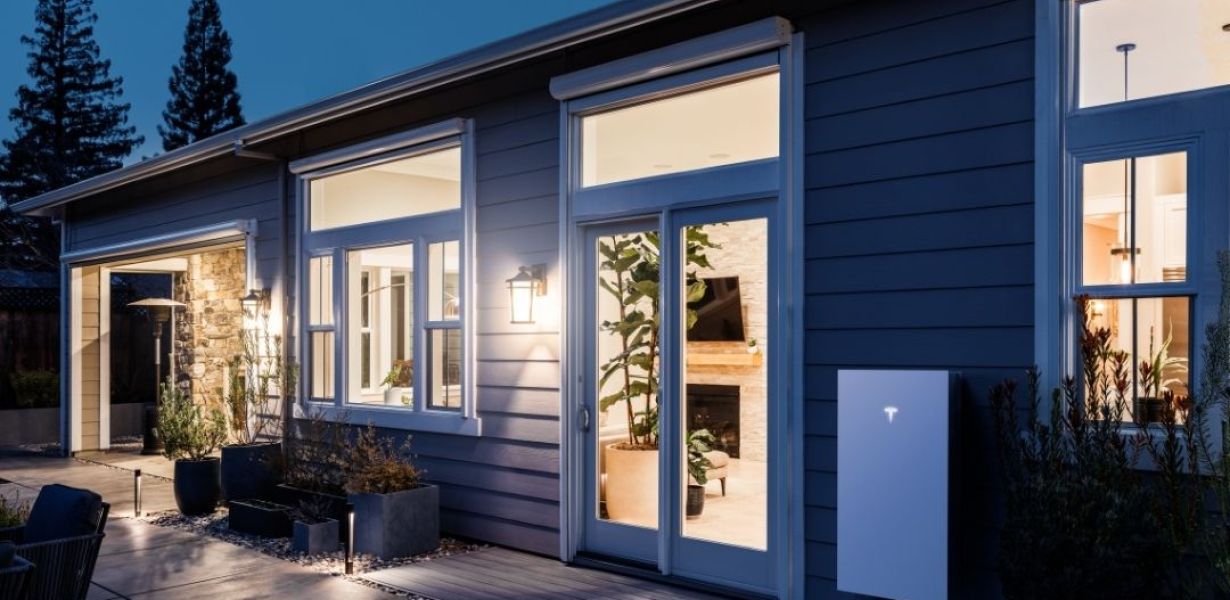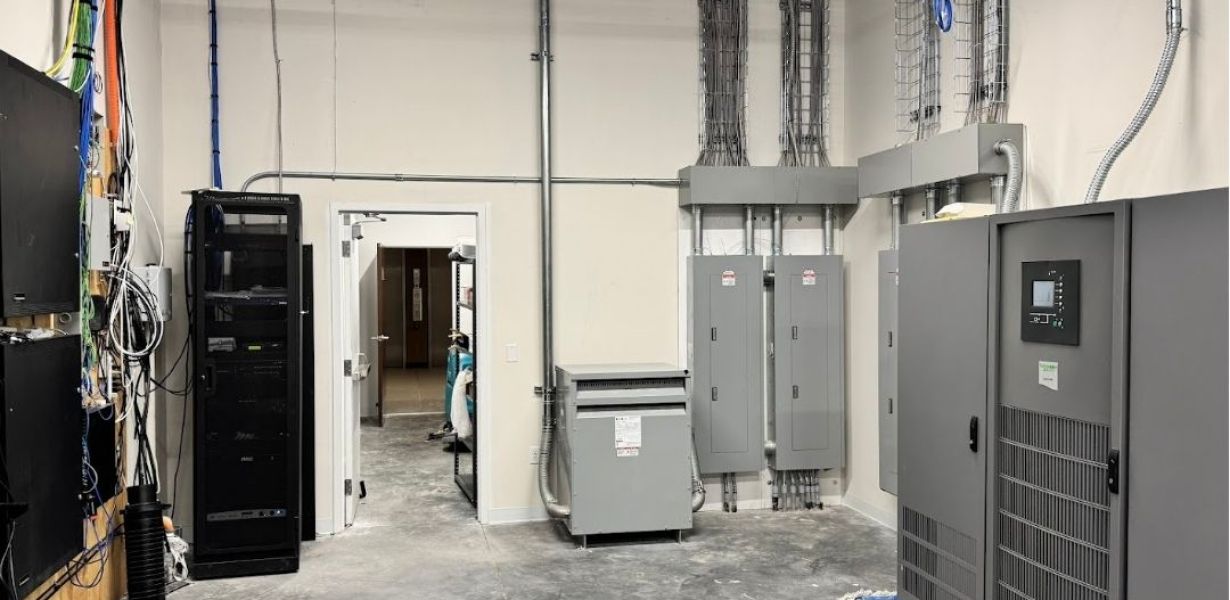EV-Ready Mandates Are Spreading—Is Your Project Ready?

As electric vehicles (EVs) go mainstream, state and local governments are stepping up with new mandates requiring EV-ready infrastructure in new developments. If you’re designing, building, or planning a commercial or multi-family project—you need to be thinking EV now, or risk paying much more to retrofit later.
What Does “EV-Ready” Actually Mean?
An EV-ready designation typically includes:
- Conduit and wiring infrastructure in place during construction
- Dedicated electrical capacity on the panel or transformer
- Designated parking spots wired and ready for Level 2 or DC fast chargers
In some areas, this also means full installation of working chargers, while in others, it's about future-proofing the site for seamless upgrades.
Why This Matters in 2025
Many states and cities are now adopting EV infrastructure codes as part of their building and energy standards. Here’s where things are headed:
- California: All new multi-family homes must include EV-ready spaces for at least 40% of parking.
- Colorado: Requires 5% EV-installed, 15% EV-capable, and 80% EV-ready spaces for new commercial builds.
- Utah: Salt Lake City mandates that new multi-family developments have 20% of spaces EV-ready and 10% EV-installed.
- New York, Washington, Oregon: All have versions of EV infrastructure mandates in place for new residential and commercial construction.
- NEVI Funding Impact: Federal funds are tied to EV infrastructure planning—projects without readiness may not qualify.
Retrofitting Later = Higher Costs
Not planning for EV readiness during the design/build phase often leads to:
- Trenching and re-paving to lay conduit after the fact
- Upgraded electrical service to support charger load
- Disruption to tenants or business operations
- Missed compliance deadlines or permitting delays
Industry data shows that retrofitting can cost up to 3–5x more than integrating EV-readiness during initial construction.
Proactive Design = Long-Term Gains
Forward-thinking builders, architects, and developers are now designing EV-readiness into site plans to:
- Increase long-term property value
- Enhance leasing appeal (especially in multi-family and commercial office)
- Align with ESG and sustainability goals
- Avoid compliance issues down the road
- Tap into EVSE incentives and rebates before they expire
How Halo Hybrid Helps Developers Stay Ahead
Halo Hybrid partners with contractors, architects, and property developers to:
- Interpret local EV-ready code requirements
- Design compliant infrastructure plans based on parking ratios, load, and use case
- Coordinate with local utilities for power needs and rebates
- Install scalable charger systems that grow with your tenant base
- Provide future-proof battery storage and solar integrations for grid relief and cost efficiency
Whether you’re building a retail center, hotel, office campus, or apartment complex, we make sure your project is ahead of the code, not behind it.
Don’t Let Mandates Catch You Off Guard
The EV shift is no longer a future consideration—it’s here. Building with readiness in mind today saves you time, money, and potential headaches tomorrow.
Book a Free EV Code Compliance Consult below!
Let’s make your next project smarter, cleaner, and regulation-ready.

